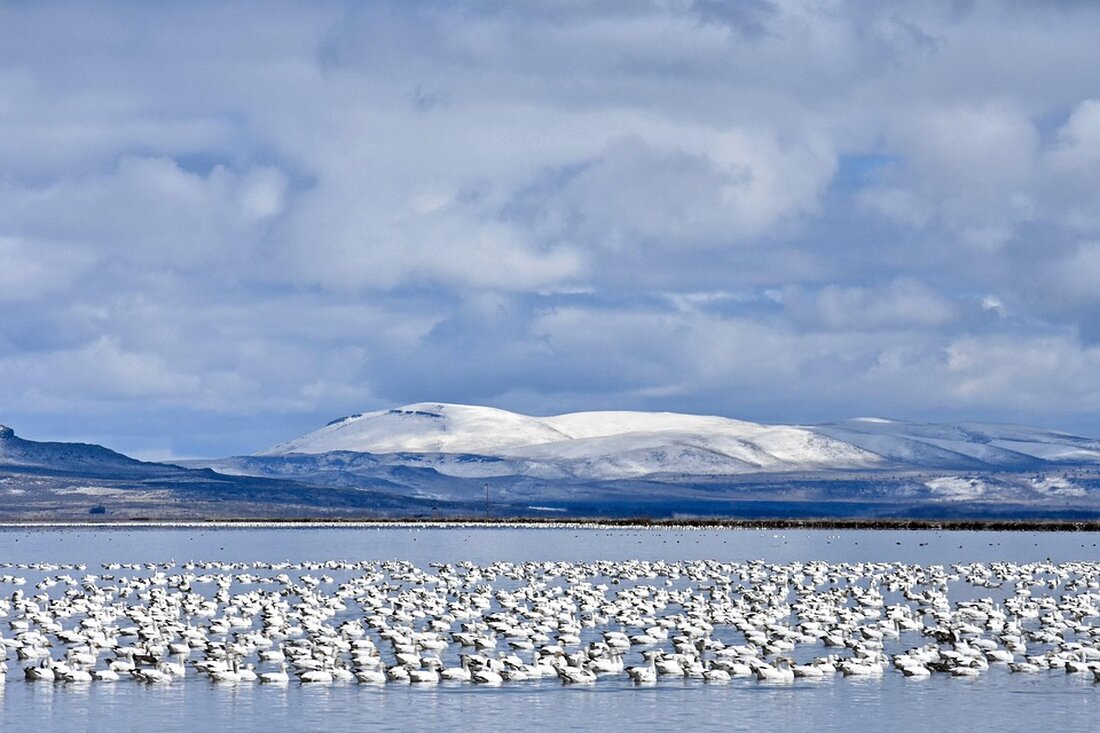Migration and strong women: Gambia in the spotlight of change!
Learn more about the tour group that visited The Gambia in 2023 to report on migration and the role of women.

Migration and strong women: Gambia in the spotlight of change!
In February 2023, a group organized by IAK and NaturFreunden traveled to Gambia to examine the situation of women and the topic of migration in more detail. This trip aims to shed light on the challenges and conditions that many women experience in the context of migration. The group had the opportunity to speak to local activists, initiatives and politicians and to explore rural areas where the social and economic realities of women are particularly evident.
Reports from the tour guides and participants address various aspects such as causes of flight, deportations and the organization of life in villages. Particularly highlighted is the Yiriwa Kafo women's association, which runs a community garden in Barrow Kundas to promote local food security and women's empowerment. Topics such as the return of migrants from Libya and the importance of water for the emancipation of women by the mayor of Banjul were also discussed. The aim of the trip is to talk to those interested about migration, climate change and responsibility.
Challenges caused by social norms
An accompanying study by Sait Matty Jaw, Fatou Gassama and Judith Altrogge reveals the complex backgrounds of Gambian women who challenge social norms through risky “backway” trips to Europe. These journeys are often motivated not only by economic necessity, but also by personal ambition and the desire to escape patriarchal restrictions. Women in Gambia often face limited economic opportunities and are in many cases viewed as passive dependents.
Contrary to these traditional expectations, more and more women are taking on the role of breadwinners, thereby changing social norms. However, their migration is often characterized by gender-specific challenges. Many women migrate secretly out of fear of social rejection or family resistance. Some women are fleeing situations of forced marriage or abuse. One example from the study describes a young woman who escaped domestic violence and moved to Germany with the help of a stranger.
Risks and resilience of women
The study highlights that female migrants are at higher risk of sexual violence and exploitation on irregular migration routes. Despite the multitude of dangers, these women demonstrate remarkable resilience and their experiences reflect the many challenges of migration and the ongoing fight against gender discrimination in Gambian society. Upon their return, many women face social stigma, particularly if their migration is viewed as a “failure,” while male migrants are often celebrated.
In view of these challenges, the authors of the study call for a reassessment of migration narratives and gender roles in Gambia. It is emphasized that there is an urgent need for policies that take into account the gender dimensions of migration and strengthen women's voices in the migration discussion.
Overall, the NaturFreunde journey and the accompanying study illustrate how important it is to integrate women's perspectives into the discourse on migration and at the same time to critically question the existing social structures in Gambia.
For more information, visit the reports NatureFriends and the study on the challenges faced by Gambian women Gambiaj.com.

 Suche
Suche
 Mein Konto
Mein Konto